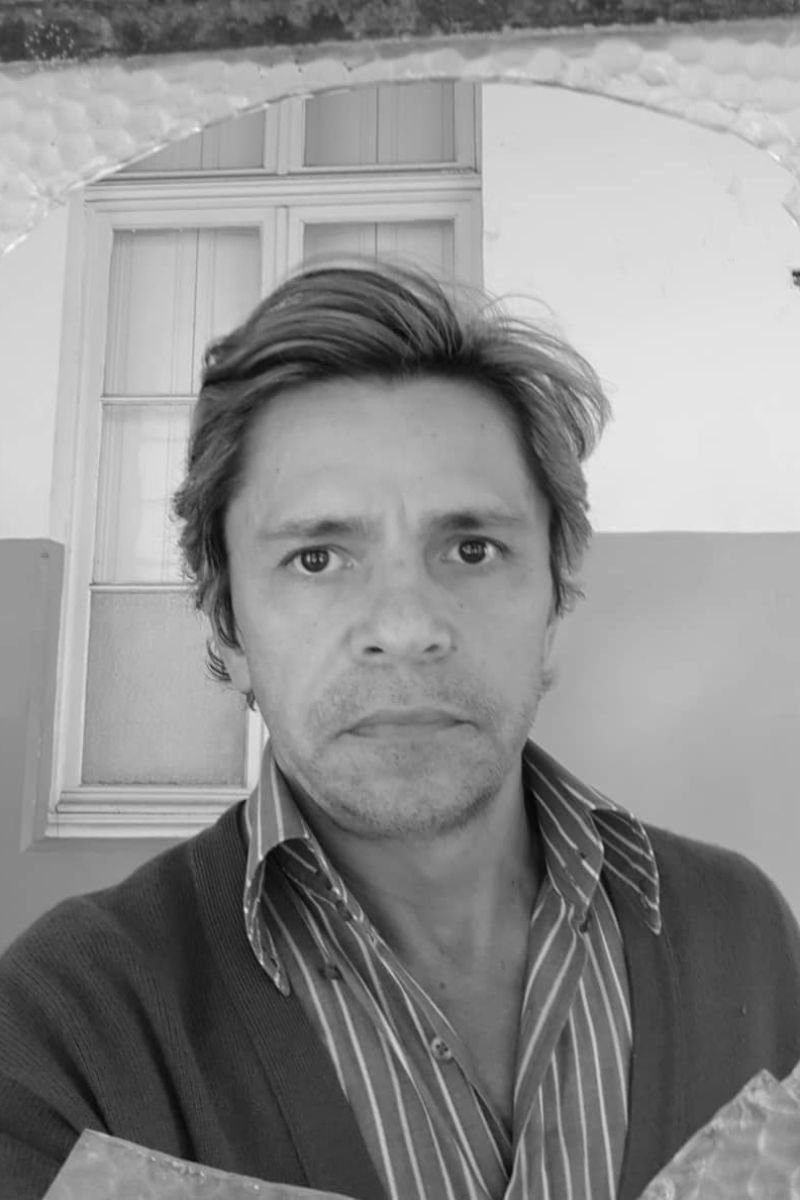
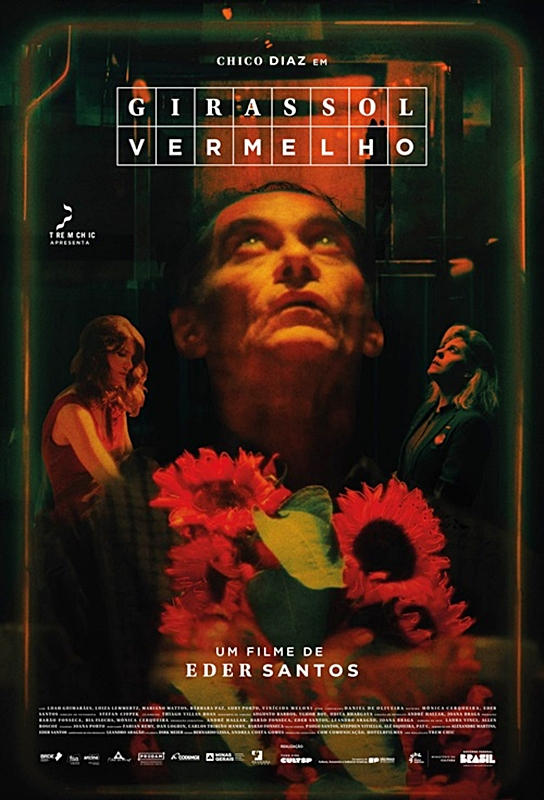
Girassol Vermelho is a film inspired by Murilo Rubião, a master of Brazilian magical realism, about the journey of Romeu, a man who leaves his past behind in search of freedom. By chance, he arrives in a strange city where an oppressive and pathetic system, which does not allow for questioning, drags him into a series of interrogations and tortures. In this absurd world, Romeo realizes that he has lost his greatest value: freedom. Full of pain and fury, Romeu, delirious, embarks on a new and even stranger journey.
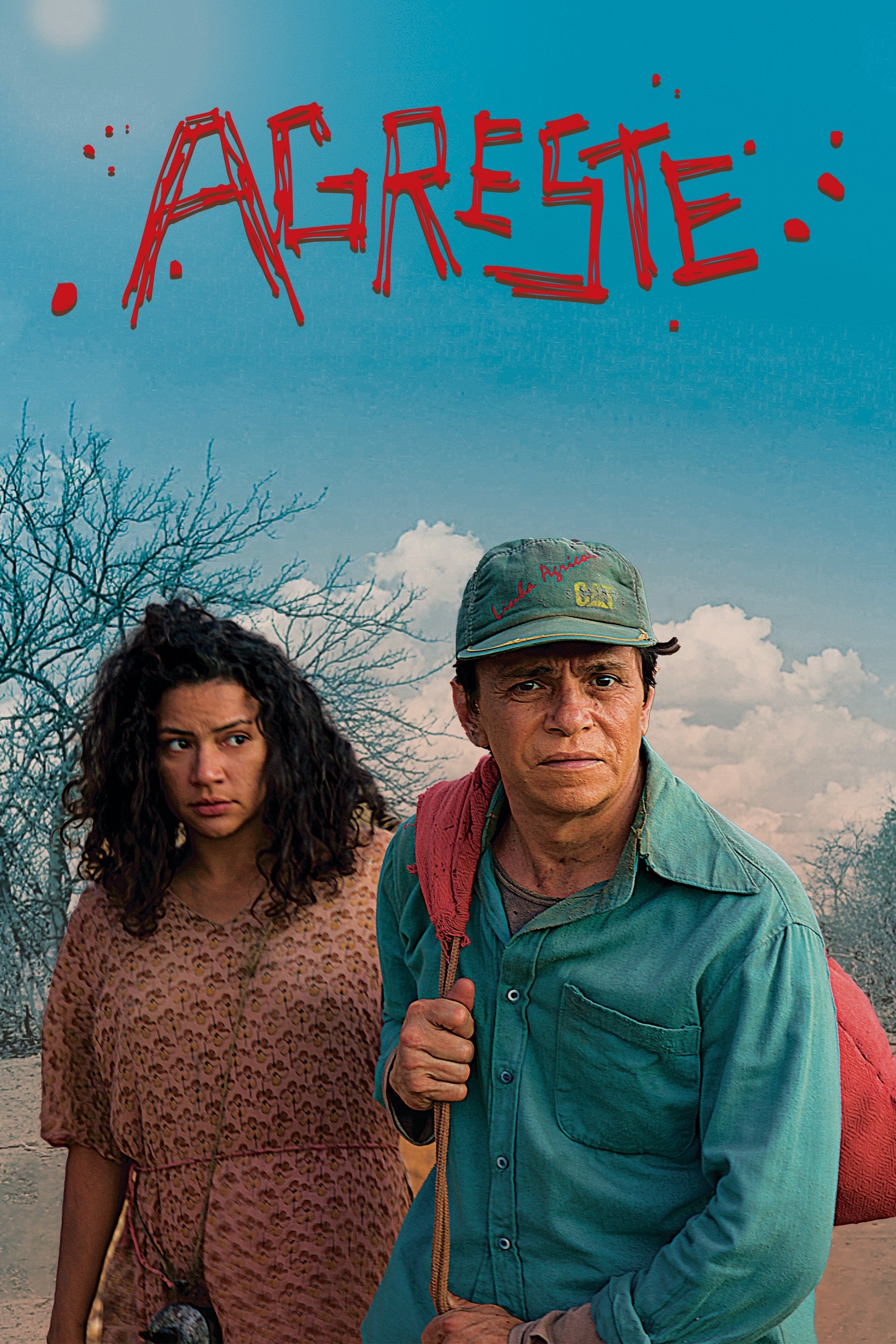
In the heart of the Brazilian backlands, Agreste tells the story of Etevaldo, a nomadic and reserved rural worker who carries a dark secret. When he meets Maria, a free-spirited young woman promised in marriage to an influential man from the neighborhood, the two fall deeply in love. Forced to flee due to the imminent wedding and the threats they face, they are taken in by Valda, a religious woman who sees Maria as her own daughter. While they try to find refuge, the arrival of Ribamar, the local sheriff's nephew, intensifies the tension. He is investigating an alleged theft, and his investigations begin to reveal Etevaldo's past, which fuels the hatred of the local community. Amid chaos, love and the struggle for survival challenge Etevaldo and Maria, testing secrets, betrayals, and a growing pressure from a society that does not accept their union.
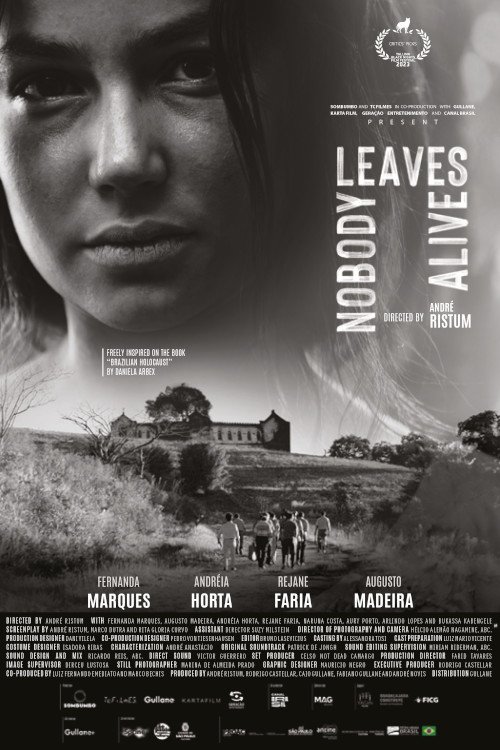
“Nobody Leaves Alive” by André Ristum is shot in beautiful but also distancing black and white. Looking at the Venice line-up, this seems to be a trend this year among the maestros of cinema. The film is inspired by true events that took place in the last century in the “Colonia” hospital in Brazil. Whoever didn’t fit the standards of society, or their family’s perception of it, was locked away, tortured, and killed. There were altogether more than 60,000 victims. Hope dies last, and some of the inmates don’t give up the fight. We’re reminded of film classics such as “One Flew Over the Cookoo’s Nest” or “Alcatraz”.
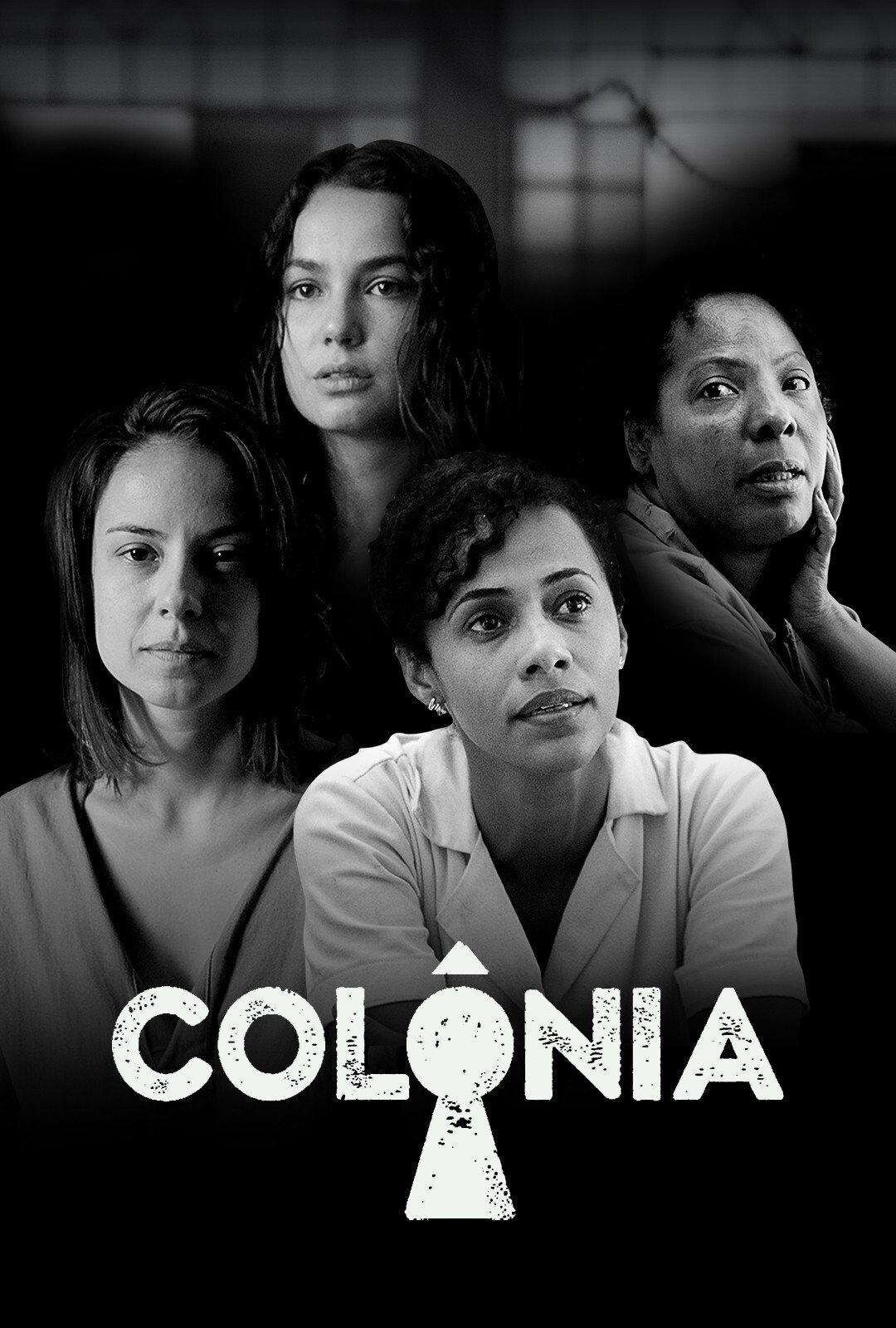

In six decades, Teatro Oficina has done more than revolutionize theatrical language in the country: the aesthetic influence of José Celso Martinez Corrêa's company extends from Tropicalism to the renewal of Brazilian audiovisual languages from the 1960s onwards. The film revisits a story that it involves personalities such as Caetano Veloso, Glauber Rocha, Lina Bo Bardi, Chico Buarque and Zé do Caixão, brings together scenic art, ecology, architecture and sexuality, and mixes art and life in the search for a Brazilian based language.
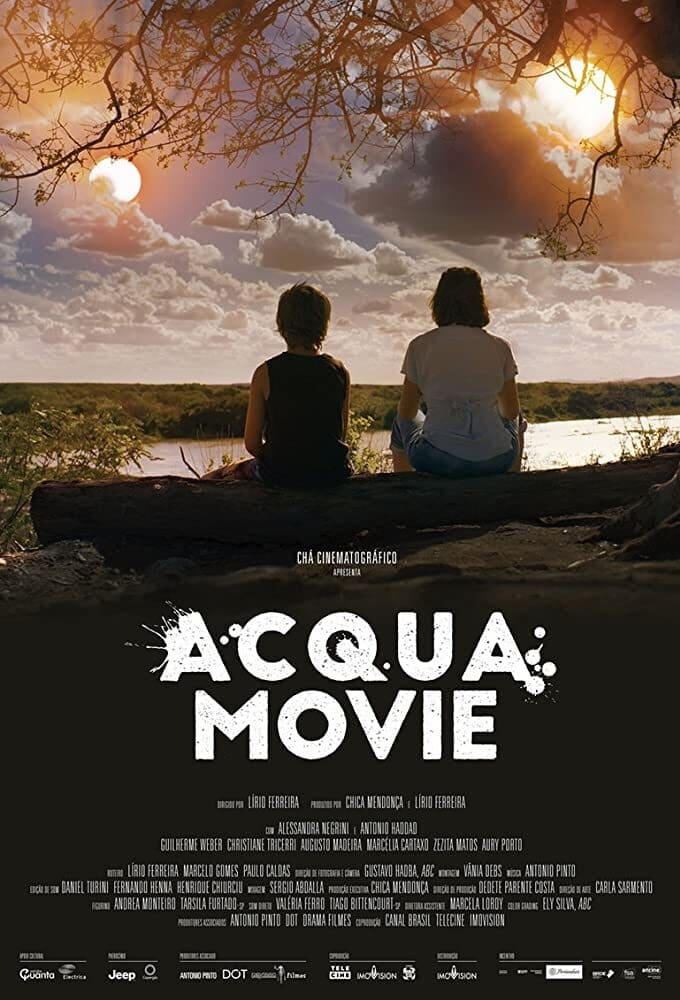
A documentarist is convinced by her son to travel to Brazil's Northeast so she can throw his dad ashes at São Francisco river.
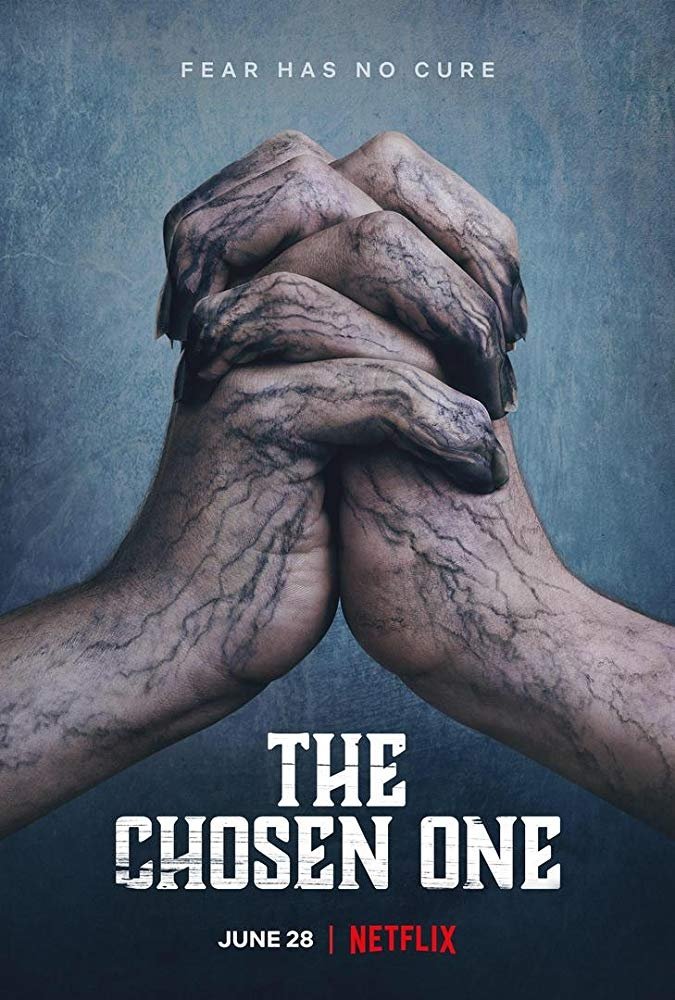
Determined to bring a Zika vaccine to the remote Pantanal, three doctors clash with a faith healer and are pulled deeper into the mysteries of his cult.
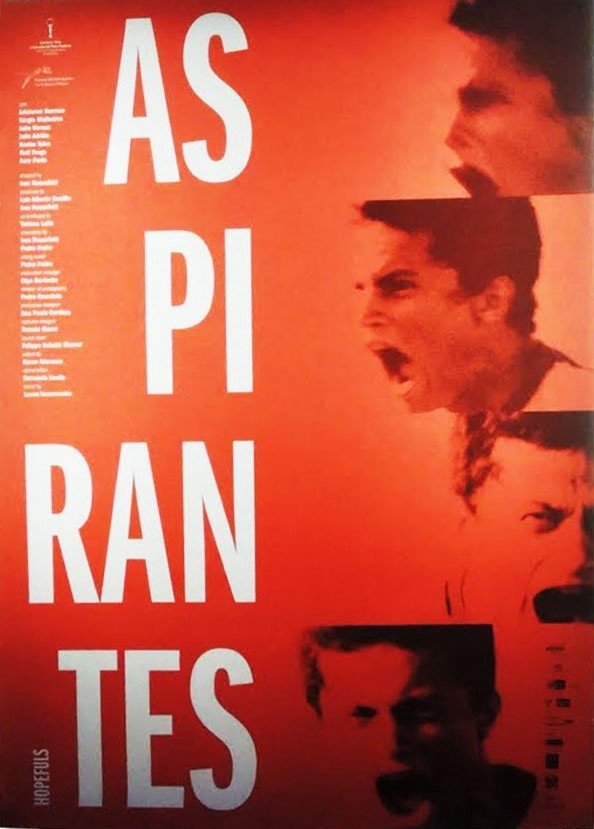
Junior, as he’s known, since he’s essentially still a child, seems to be having a tough time getting on in life. He shares cheap lodgings with another fellow and earns money doing strenuous night shifts at a warehouse. It’s no surprise that he lives for football and desperately hangs onto the dream of perhaps every Brazilian kid – to become a famous player. Although he trains hard with his amateur team, he’s not one of the best. He won’t admit to the mounting jealousy he feels as he watches his talented friend doing extremely well on the pitch. What’s more, his prospects don’t look so rosy now that his young girlfriend Carine is pregnant, and he also has to deal with her dominant mother poking her nose in...
By browsing this website, you accept our cookies policy.